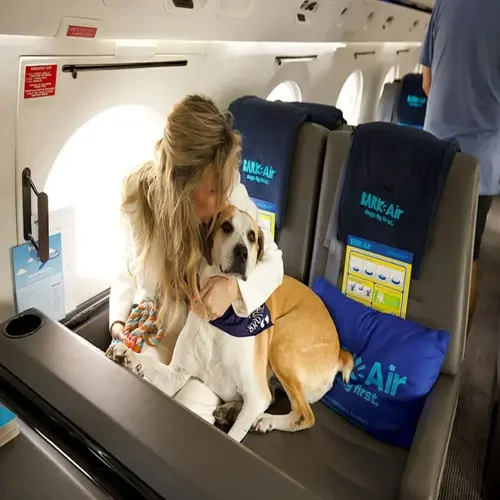How to recognize if pets aren't compatible?

Written by
Susan Taylor
Reviewed by
Prof. Henry Webster, Ph.D.Realizing that pets don't get along can prevent dangerous situations. Continuous signs of conflict include constant staring or growling, and indicate that there are serious problems. In one case that I consulted about, a terrier had been fascinated with and off for weeks about a cat. If you can recognize this early other pets are prevented from being hurt.
Behavioral Red Flags
- Unbroken prey-drive fixation lasting minutes
- Resource guarding of spaces near the other pet
- Redirected aggression toward handlers during training
- Escalating reactions despite consistent counterconditioning
Physiological Stress Indicators
- Refusal to eat near scent-swapped items
- Chronic digestive issues during interactions
- Excessive shedding or overgrooming behaviors
- Persistent hiding beyond normal adjustment
Breed-related traits greatly influence compatibility. Sighthounds and terriers tend to have strong prey drives, and herding breeds may stalk cats with irrational obsessiveness. I take into account breed-based propensities as part of my consultation processes. Genetics creates unique challenges from a safety standpoint.
Redirected aggression indicates serious incompatibility. When dogs attack their owners while near cats, or cats scratch family members during a perceived encounter, this is a serious warning. Safety must take priority over attachment in these circumstances, and it is clear that these individuals cannot live together permanently.
Effectively enact your separation plans. Designate areas of space with dispersed feeding. Create a routine schedule for shared space. I build homes with cat highways and dog areas. Organized separation maintains safe harmony in the house.
Expert intervention either provides focus or clears up uncertainty. Certified behaviorists evaluate body language subtleties that owners often overlook, identifying subtle indications of stress, such as lip-licking or a tense tail. Reliable, trained evaluations enable the professional to determine whether further progress is possible.
Read the full article: Introducing Dog and Cat: A Safe Guide

